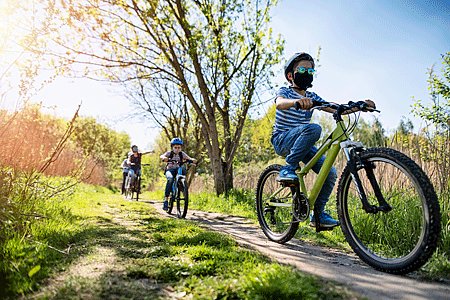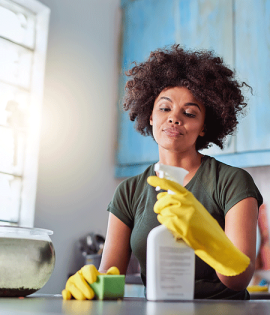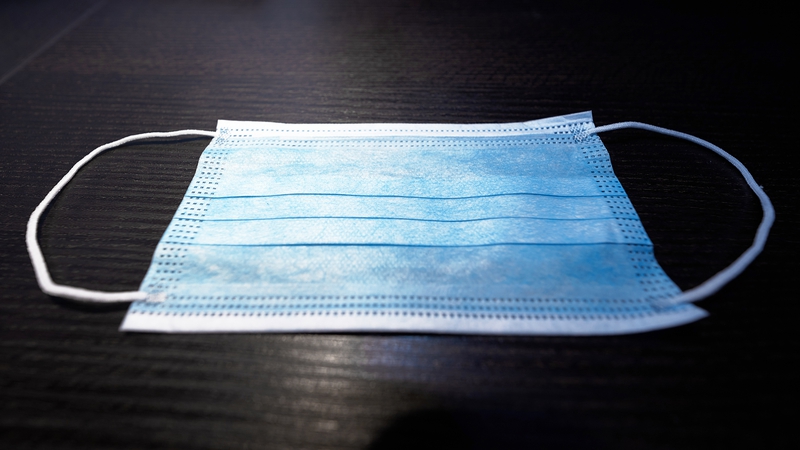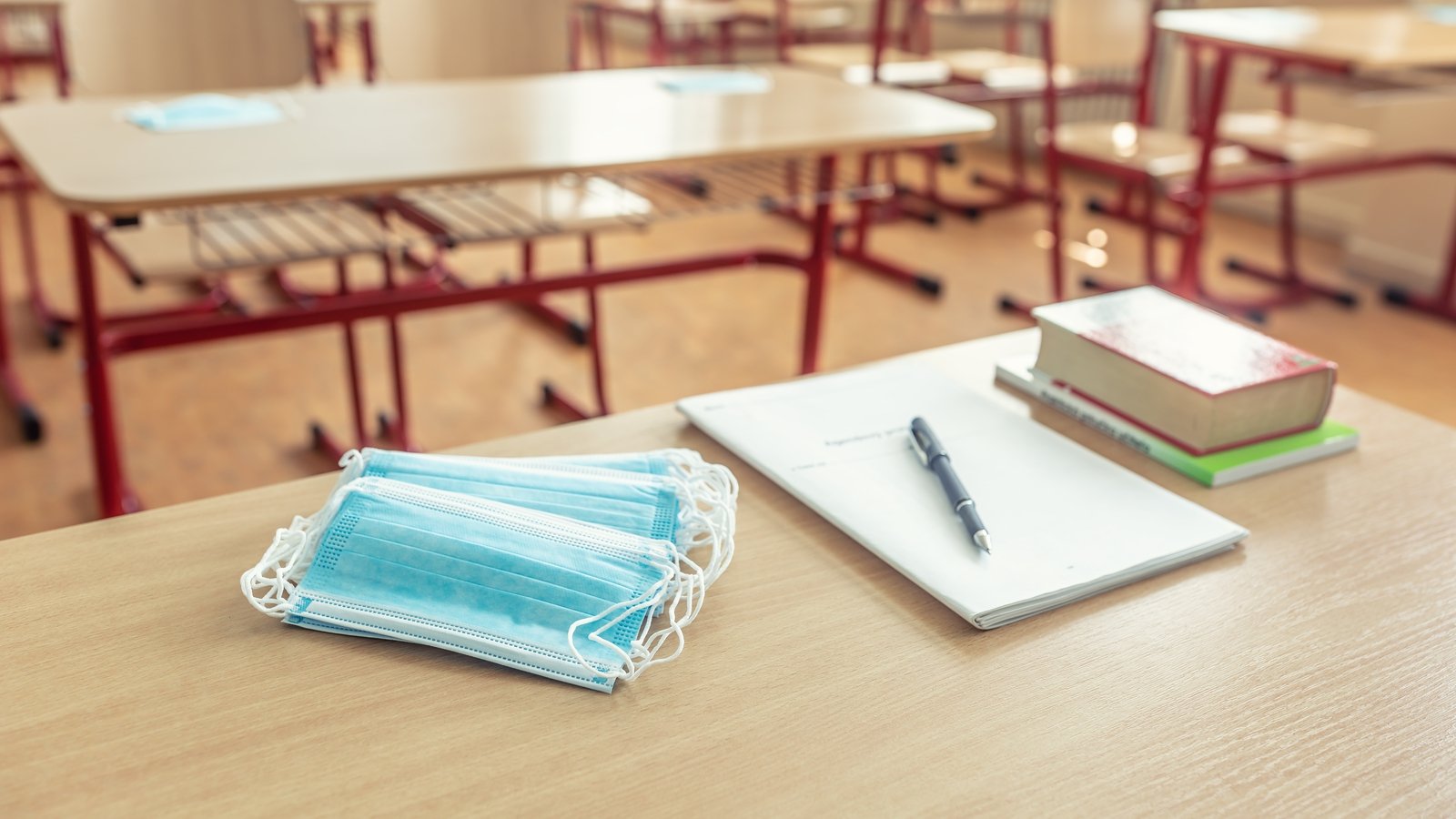4,764 new cases as NPHET considers mask proposals
Updated / Thursday, 25 Nov 2021
19:36
The National Public Health Emergency Team is expected to consider proposals around mask wearing at outdoor events and possibly in primary schools
The Department of Health has been notified of a further 4,764 cases of Covid-19.
The number of people being treated for the virus in hospital now stands at 598, a reduction of 13 since yesterday.
Of those in hospital, 126 people are being treated in intensive care, which is down six since yesterday.
Chief Medical Officer Dr Tony Holohan said: "Incidence of Covid-19 remains concerningly high, with 62,401 cases reported in the last 14 days.
"We need to continue to make every effort we can to drive down incidence of disease and break the chains of transmission.
"Covid-19 spreads when an infected person is in close proximity to other people. The best way we can stop Covid spreading to the people we meet is by meeting fewer people and avoiding crowds."
In Northern Ireland, there were 1,549 new infections and five further Covid-related deaths reported today.
The latest figures come as the National Public Health Emergency Team is expected to consider proposals around mask wearing at outdoor events and possibly in primary schools.
One NPHET member has said avoiding lockdown would be the right way to go but that the situation has to be watched very closely.
Speaking on RTÉ's Morning Ireland, President of the Royal College of Physicians in Ireland Professor Mary Horgan said it may be time to consider the use of masks in primary schools.
Prof Horgan said the incidence of infection among primary school children has been high over the last few months and that this is probably because the group is unvaccinated and do not use masks, although she acknowledged it is difficult for younger children to wear masks.
Prof Horgan said she hopes another lockdown can be avoided, adding there are "loads of tools" that need to be effectively used in order to achieve this.
"Avoid lockdown at all costs would be the right way to go at this point in time, but it's always a bit uncertain and unpredictable," she said.
The situation is hard for the public as they continue to step up to the plate, she said, and the demand for testing is frustrating, particularly as so many people are experiencing respiratory diseases that have symptoms that mimic Covid-19.
Read more:
'Big concern' over level of health staff out due to Covid - HSE
Restrictions may be needed but should be 'avoided' - Tánaiste
Latest coronavirus stories
The Vice-President of the Irish Hospital Consultants Association said that in order to make schools as low risk as possible for infection of Covid-19, everything must be done - including vaccination and the wearing of masks for the short term.
Dr Gabrielle Colleran said that although many people do not the like the concept of children wearing masks, the rates of spread are currently so high that the practice should be considered for a few weeks in order to keep schools open.
Meanwhile, Minister for Health Stephen Donnelly has said those with underlying conditions will be able to start getting their booster vaccines from next week.
Walk-in clinics will be open nationwide.
He told the annual conference of the Private Hospitals Association, that as of Tuesday this week, 630,000 boosters had been administered.
The booster programme for those in long-term care and the over 80s has been substantially completed.
The minister also said that half of healthcare workers and half of the over 70s have now had their booster vaccines and he reiterated that healthcare workers can go to their pharmacies to receive their boosters.
He told the conference that regarding critical care, bed capacity would be increased to 340 beds by the end of 2022, an increase of 34%. Further bed capacity would be rolled out in a number of hospitals including Beaumont, St James's, The Mater and Cork University Hospital.
Separately, Tánaiste Leo Varadkar has said that Covid-19 case numbers are starting to plateau, but added that he would like to see them fall in the run up to Christmas.
Speaking on RTÉ's Today with Claire Byrne programme,
Mr Varadkar said it would be a "big mistake" to impose a whole set of new restrictions in the coming days to find out that the country has "turned a corner anyway".
He said more restrictions may be needed coming into the Christmas period, but the Government would try to avoid a full lockdown.
Mr Varadkar also said he would not speculate about possible restrictions at this stage.
The National Public Health Emergency Team has recommended the wearing of masks for primary school children from third class upwards.

www.rte.ie




